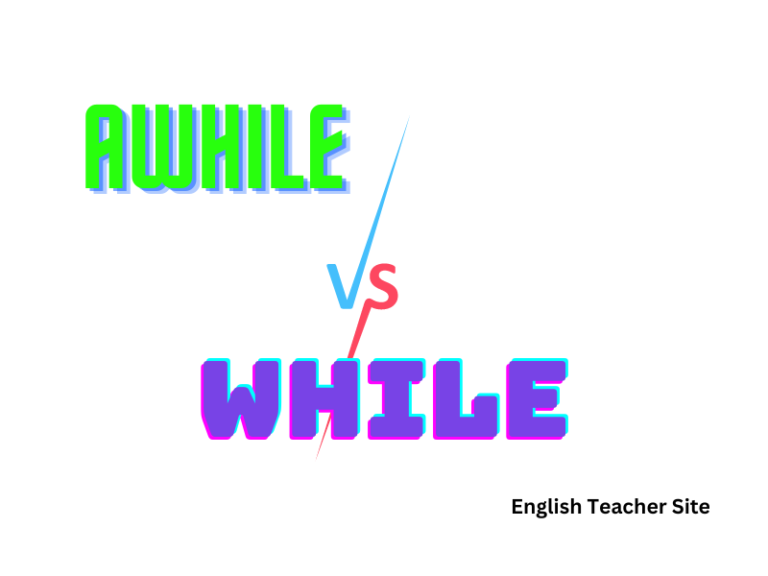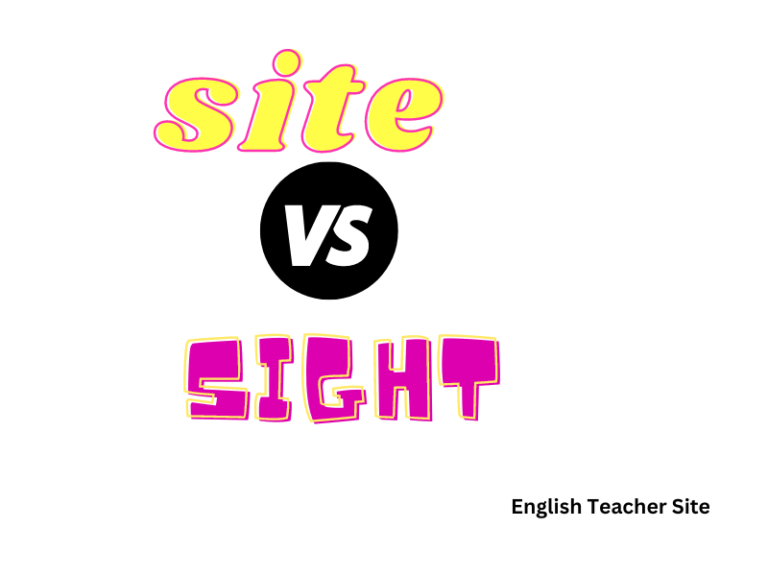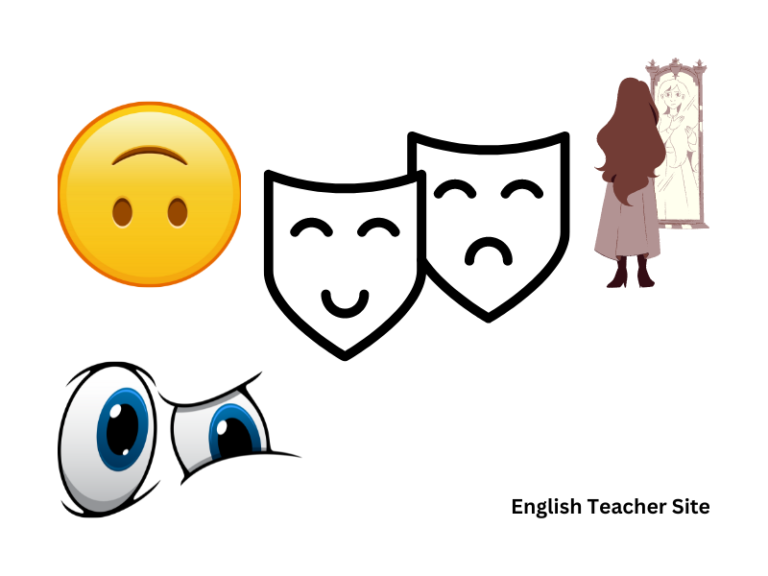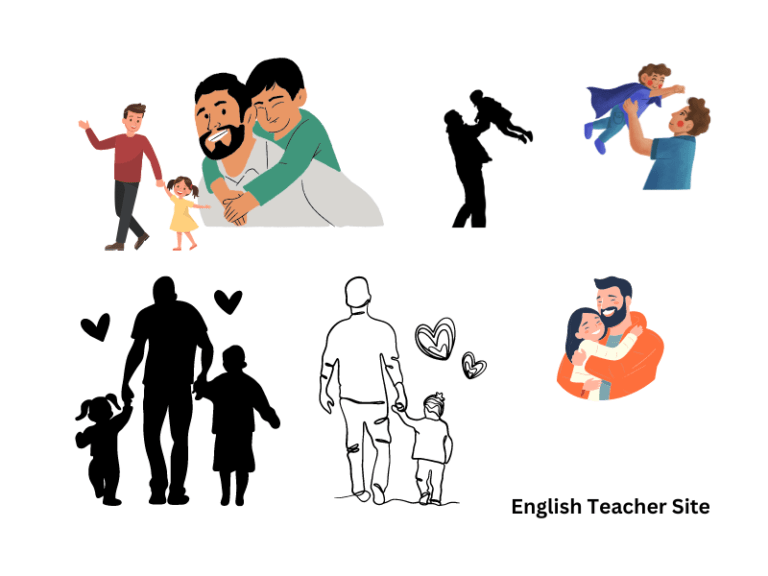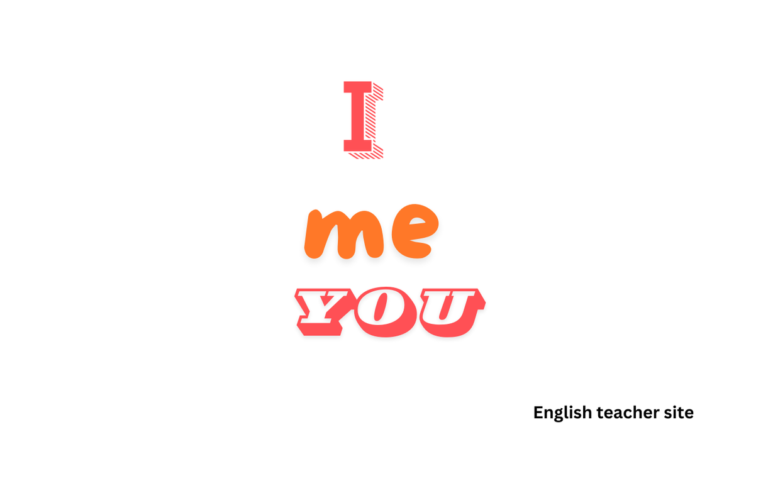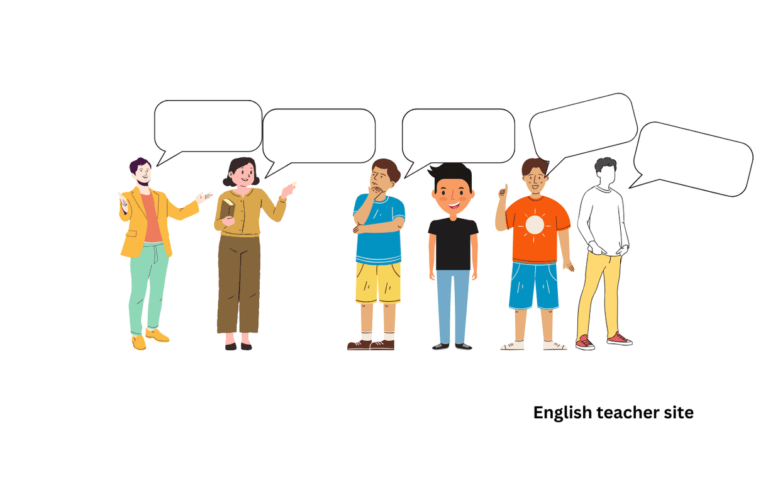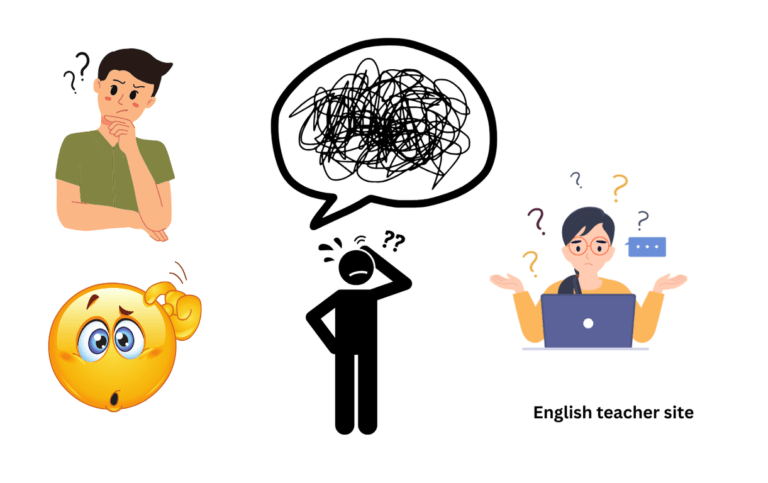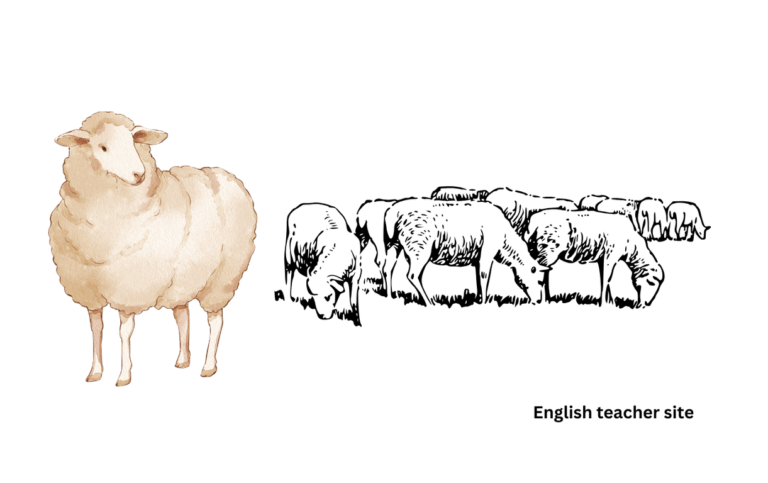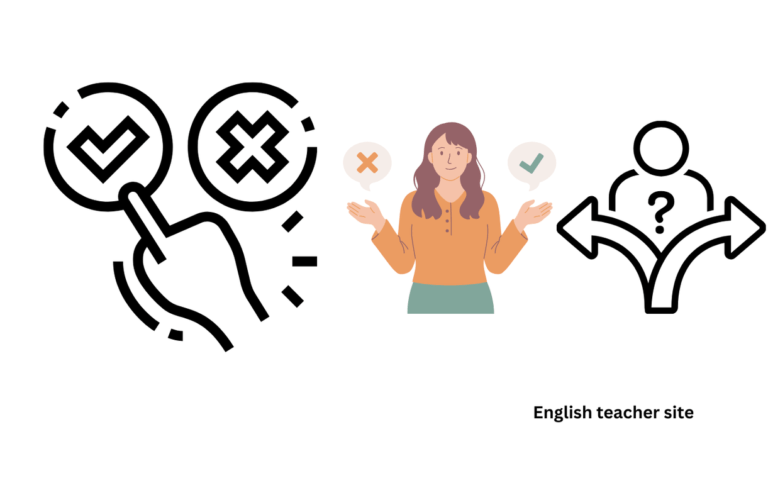Illicit and Elicit: Understanding the Distinct Meanings and Usage
The use of “illicit” implies a judgment about the legality or appropriateness of an action, such as “illicit trade.” Whereas “elicit” focuses on the action of extracting or bringing forth a reply or reaction, as in, “The question elicited a strong response.” It’s important to not only recognize the grammatical differences—adjective versus verb—but also to…


